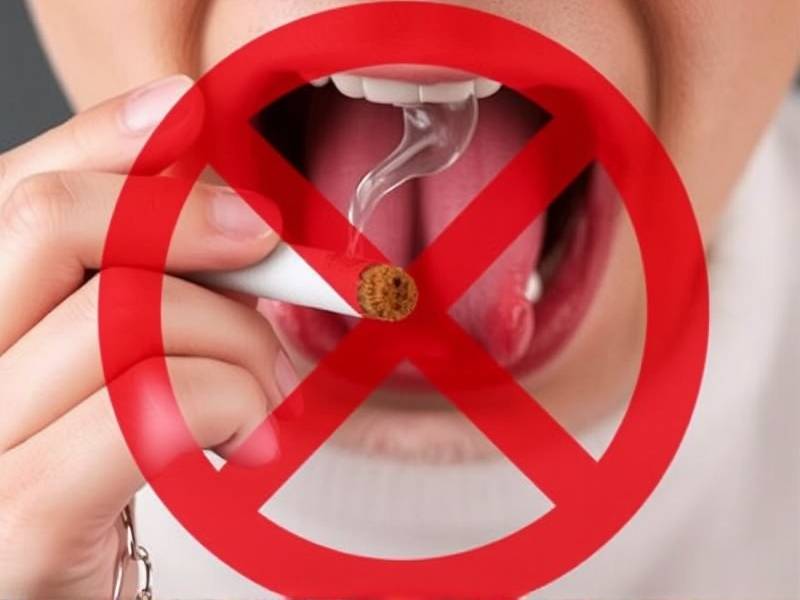Can You Really Suffer from Shakes When You Quit Smoking?
Understanding Nicotine Withdrawal
When the decision to quit smoking is made, many individuals anticipate a range of withdrawal symptoms. One common concern is whether shaking can be a direct result of quitting. This article delves into the science behind nicotine withdrawal and whether shaking is a typical symptom.
The Science of Shaking
What Happens When You Quit Smoking?
Nicotine, the addictive substance in tobacco, affects the brain's chemistry by increasing levels of dopamine, a neurotransmitter associated with pleasure. When you stop smoking, your body goes through a process known as nicotine withdrawal. This is when your body adjusts to lower levels of nicotine and begins to correct the imbalances caused by its prolonged presence.
Can Shakes Be a Symptom?
Yes, it is possible to experience shakes when you quit smoking. These shakes are often attributed to the sudden change in your body's chemistry and the release of adrenaline due to stress or anxiety. The physical symptoms can vary from person to person, but they typically include:

- Hand tremors
- Muscle twitching
- Increased heart rate
These symptoms are usually mild and temporary, lasting for a few days to several weeks as your body adjusts to its new nicotine-free state.
Coping with Shakes
Strategies for Managing Shakes
If you find yourself experiencing shakes after quitting smoking, here are some strategies that may help:
- Stay Hydrated: Drinking plenty of water can help alleviate some of the symptoms.
- Stay Active: Gentle exercise can reduce stress and improve your mood.
- Mindfulness Practices: Techniques such as deep breathing or meditation can help manage anxiety.
- Professional Support: Seeking support from healthcare providers or support groups can be beneficial.
Importance of Patience
It's important to remember that these symptoms are temporary and part of the healing process. Patience and persistence are key in overcoming them.

Conclusion
Shaking is indeed one of the potential symptoms that you might experience when you quit smoking. While it can be unsettling, it's a sign that your body is adapting to life without nicotine. By understanding what causes these shakes and implementing coping strategies, you can navigate this phase more comfortably on your journey towards a smoke-free life.
Remember, every step towards quitting is progress, no matter how small or challenging it may seem at times. Keep going, and soon enough, these symptoms will be just a distant memory as you enjoy the health benefits of living smoke-free.
